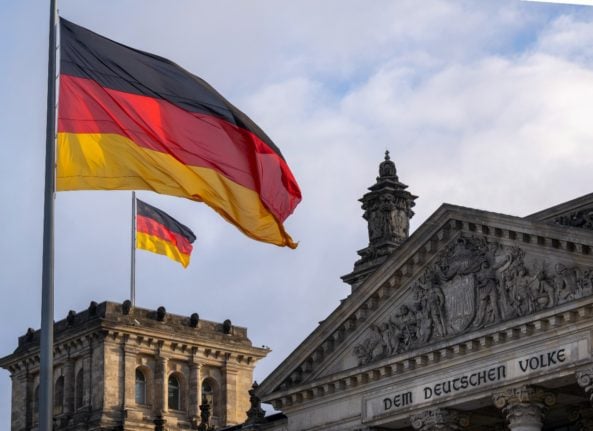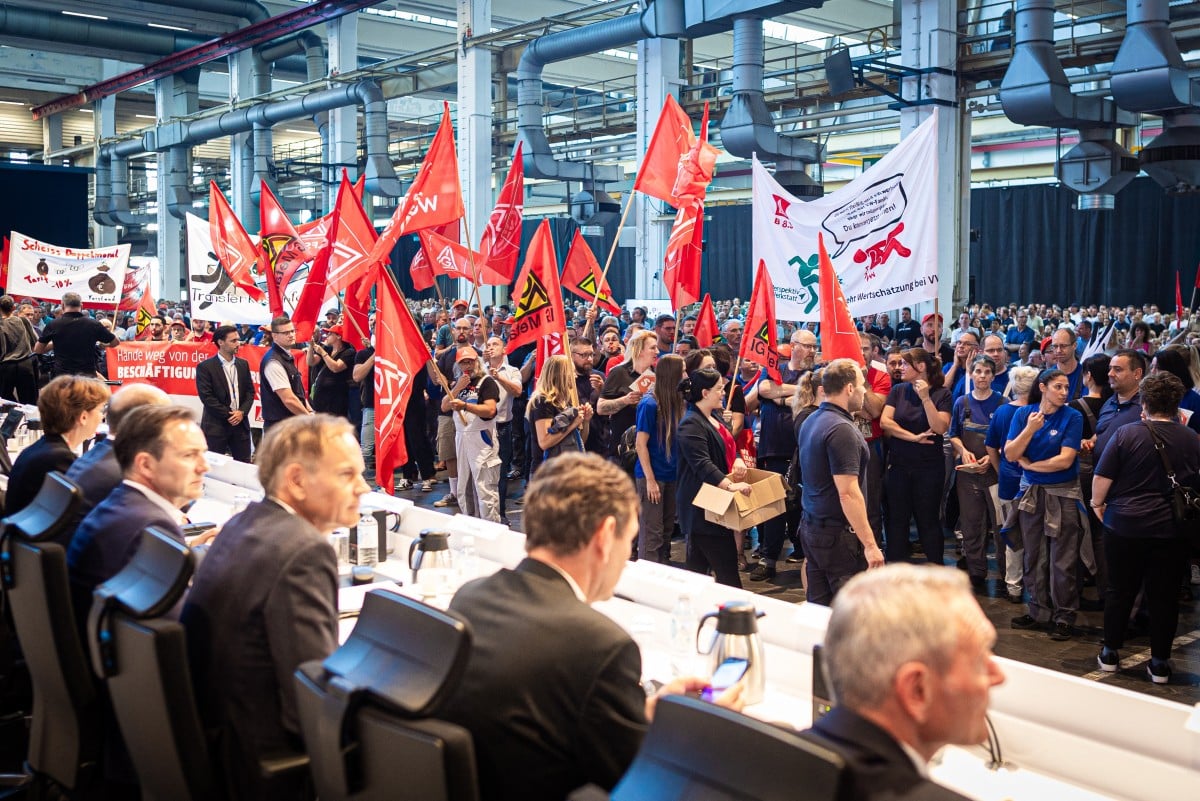Consumer prices rose 4.9 percent year on year, after hitting a rate of 5.3 percent in December, preliminary figures from the federal statistics agency Destatis showed.
“The inflation rate remains high despite the absence of the base effects caused in 2021,” Destatis said in a statement, attributing price rises to “crisis-related effects such as delivery bottlenecks” and the cost of energy.
Analysts at Factset had predicted German inflation would come in at 4.6 percent in January, ringing in a year in which observers expected the pace of inflation to decline.
A noticeable slowdown would have to wait “until late summer”, Carsten Brzeski, head of macro at the bank ING said.
A spike in energy prices and widespread supply shortages pushed inflation in Germany to 3.1 percent over the entirety of last year.
READ ALSO: EXPLAINED: The everyday products getting more expensive in Germany
“Chances are high that average inflation over the entire year will be higher this year than in 2021,” Brzeski said.
The higher-than-expected figure will raise concerns that inflation will remain higher for longer, putting pressure on the European Central Bank to respond.
By the ECB’s preferred measure, the harmonised index of consumer prices, inflation in Germany was 5.1 percent in January, down from 5.7 percent in December.
These figures would “provoke discussion” in the ECB’s upcoming meeting on Thursday, said Jens-Oliver Niklasch, senior economist at LBBW bank, adding that it was “increasingly unlikely that inflation will fall to an acceptable level for monetary policy by the end of the year.”




 Please whitelist us to continue reading.
Please whitelist us to continue reading.
I bet you could solve this by printing more money. And borrowing more.